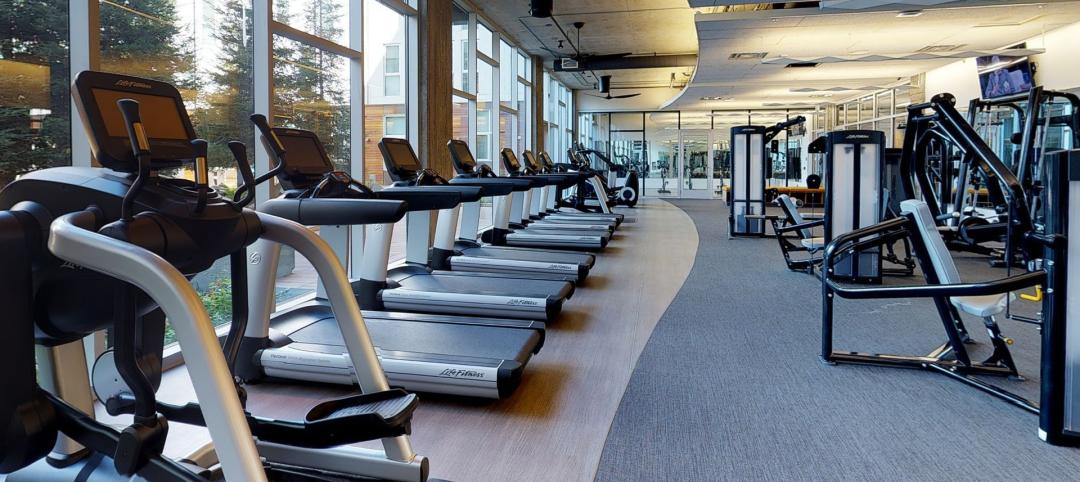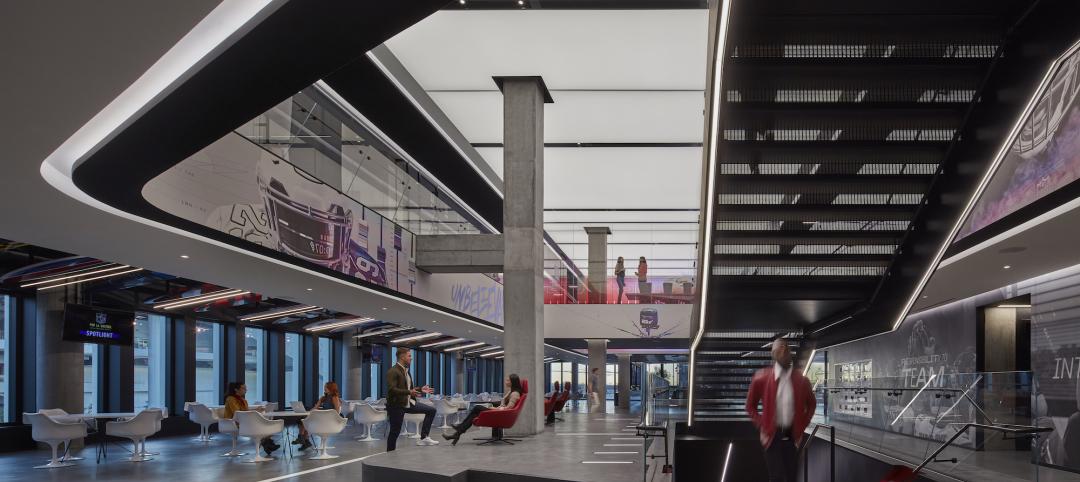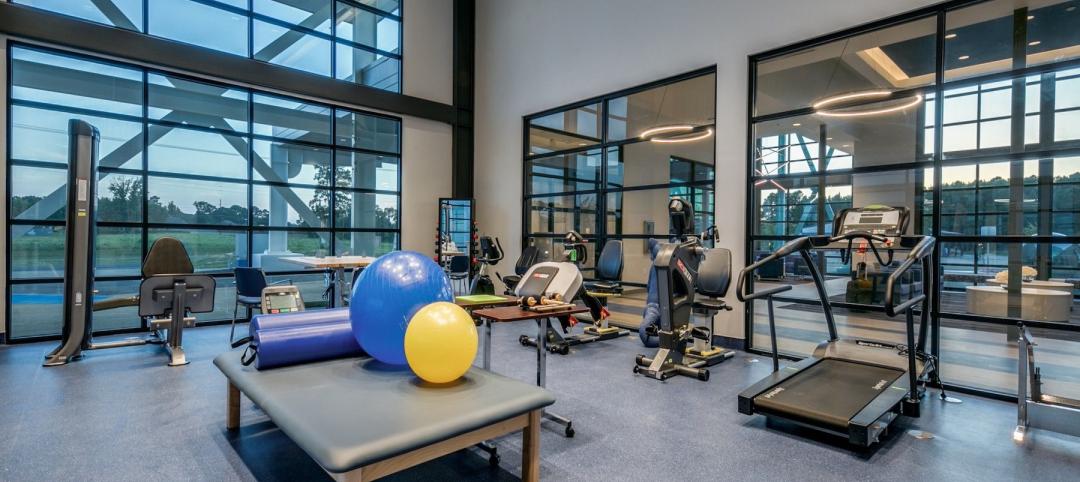Ongoing evolution in the retail industry—including near-global access to the Internet and speedy adoption rates of smartphones—is forcing retailers to create a brick-and-mortar shopping experience that rivals the convenience and immediacy of the Internet. As a result, hundreds of retailers in thousands of locations are committing capital to renovating stores for an enhanced overall customer experience.
“There is no disputing that the Internet is having a significant impact on consumer buying trends and retailer strategies,” said Steve Jones, Managing Director, JLL. “But almost 95 percent of sales continue to take place in stores, which means that as technology changes to improve customer experiences, the brick and mortar stores also must change.”
Omni-channel shopping, technology, and Big Data are shaping how retailers approach the customer experience and their consequent renovation programs. Retailers should consider these three key questions when defining the type and magnitude of renovations to enhance their customers’ experiences:
1. Are we offering an omni-channel experience?
Retailers striving to build a true omni-channel experience are merging at-home, in-store and mobile commerce into one seamless shopping experience. Customers want continuity, so the look and feel of every channel, from mobile to desktop to in-store, should be the same.
For example, AMC Theatres recently added an expanded food and beverage menu to concession stands and replaced conventional movie chairs with wide, comfortable recliners. In addition, AMC began offering guests the opportunity to buy tickets online—and reserve actual seats at the theatre—before arriving. The omni-channel experience of buying tickets online translates to a brick-and-mortar customer experience unrivalled in the entertainment industry. In fact, AMC sells more tickets with fewer seats – to sold out audiences.
2. Are we leveraging the right technology?
To keep people in their stores, smart retailers are making their locations interactive and engaging with the right technology. Tablets and smartphones can be used to promote convenience by taking customer payments rather than making them wait in line, demonstrate product features, offer more item options and encourage social sharing. In addition to tablets, the use of large displays purposefully engross customers, making them forget they’re inside a store.
“Retailers are fighting to gain and keep consumer attention, but interactive experiences rooted in technology can help combat disengagement,” said Steve Yenser, National Retail Brokerage Lead, JLL. “Technology will be crucial to the future role of the store, as today's consumers need a reason to come into a physical retail place, beyond merely making a transaction, because a transaction can take place anywhere and anytime.”
3. Are we collecting actionable data to help personalize the customer experience?
An Infogroup Targeting Solutions study found that 54 percent of marketers have already invested in data solutions to date, and nine out of 10 plan to do so in 2014. Smart retailers know that truly personalized experiences are only possible when customer information about behavior, history and whereabouts is gathered. Collecting this actionable data through customer loyalty programs, point of sale data and online shopping behavior ultimately enables retailers to implement dynamic browsing, customized displays, personalized recommendations and shopper-specific discounts.
JLL and Food Lion collected data that revealed that the grocer’s customers were increasingly focused on produce. Based on that finding, Food Lion wasted no time renovating its stores to better position its produce offerings and, in the process, enhancing the overall customer experience.
Jones notes that in addition to the renovation work completed at AMC and Food Lion, smart retailers can enhance the customer experience and ultimately maximize return on investment of store renovations with modified layouts, in-store kiosks, virtual walls, virtual dressing rooms, augmented reality and new product offerings.
“Customer experience is individual to each retailer and the clients they target,” said Jones. “It’s crucial for retailers to ask the right questions and understand the role big data, technology and the omni-channel experience play in their overarching strategy so the appropriate renovations programs can be developed.”
About JLL
JLL’s Retail Group serves as the industry’s leader in retail real estate services. The firm’s more than 850 dedicated retail experts in the Americas partner with investors and occupiers around the globe to support and shape investment and site selection strategies. Its retail specialists provide independent and expert advice to clients, backed by industry-leading research that delivers maximum value throughout the entire lifecycle of an asset or lease. The firm has more than 80 retail brokerage experts spanning 20 major markets, representing more than 100 retail clients. As the largest third party retail property manager in the United States, JLL’s retail portfolio has 305 centers, totaling 65.7 million square feet under management in regional malls, lifestyle centers, grocery-anchored centers, power centers, central business districts, transportation facilities and mixed-use projects.
For more news, videos and research from JLL’s Retail Group, please visit: www.jllretail.com
Related Stories
Education Facilities | Nov 30, 2022
10 ways to achieve therapeutic learning environments
Today’s school should be much more than a place to learn—it should be a nurturing setting that celebrates achievements and responds to the challenges of many different users.
75 Top Building Products | Nov 30, 2022
75 top building products for 2022
Each year, the Building Design+Construction editorial team evaluates the vast universe of new and updated products, materials, and systems for the U.S. building design and construction market. The best-of-the-best products make up our annual 75 Top Products report.
K-12 Schools | Nov 30, 2022
School districts are prioritizing federal funds for air filtration, HVAC upgrades
U.S. school districts are widely planning to use funds from last year’s American Rescue Plan (ARP) to upgrade or improve air filtration and heating/cooling systems, according to a report from the Center for Green Schools at the U.S. Green Building Council. The report, “School Facilities Funding in the Pandemic,” says air filtration and HVAC upgrades are the top facility improvement choice for the 5,004 school districts included in the analysis.
Architects | Nov 29, 2022
Three decades and counting, Tinkelman Architecture has helped reshape New York’s Hudson Valley
The full-service firm has designed more than 100 projects in this region, including several multifamily buildings currently in the works
Retail Centers | Nov 29, 2022
'Social' tenants play a vital role in the health of the retail center market
After a long Covid-induced period when the public avoided large gatherings, owners of malls and retail lifestyle centers are increasingly focused on attracting tenants that provide opportunities for socialization. Pent-up demand for experiences involving gatherings of people is fueling renovations and redesigns of large retail developments.
Giants 400 | Nov 28, 2022
Top 200 Office Sector Architecture and AE Firms for 2022
Gensler, Perkins and Will, Stantec, and HOK top the ranking of the nation's largest office sector architecture and architecture/engineering (AE) firms for 2022, as reported in Building Design+Construction's 2022 Giants 400 Report.
Legislation | Nov 23, 2022
7 ways the Inflation Reduction Act will impact the building sector
HOK’s Anica Landreneau and Stephanie Miller and Smart Surfaces Coalition’s Greg Kats reveal multiple ways the IRA will benefit the built environment.
Multifamily Housing | Nov 22, 2022
10 compelling multifamily developments debut in 2022
A smart home tech-focused apartment complex in North Phoenix, Ariz., and a factory conversion to lofts in St. Louis highlight the notable multifamily developments to debut recently.
Digital Twin | Nov 21, 2022
An inside look at the airport industry's plan to develop a digital twin guidebook
Zoë Fisher, AIA explores how design strategies are changing the way we deliver and design projects in the post-pandemic world.
Healthcare Facilities | Nov 17, 2022
Repetitive, hotel-like design gives wings to rehab hospital chain’s rapid growth
The prototype design for Everest Rehabilitation Hospitals had to be universal enough so it could be replicated to accommodate Everest’s expansion strategy.
















